Page 3
A Basic Writing Guide
You are many things—student, preteen, friend, writer. . . .
Writer? Yep! To be a writer, all you need to do is to write. The more you write, the better you get at writing and thinking! Writing helps you in every class and throughout your life.
You probably have many questions about writing. Your Writers Express handbook has answers. It gives you suggestions to get started, tips to keep going, and ideas for making your writing as good as it can be. Keep your handbook handy whenever you are writing.
You can start exploring with this chapter of questions and answers!
What’s Ahead
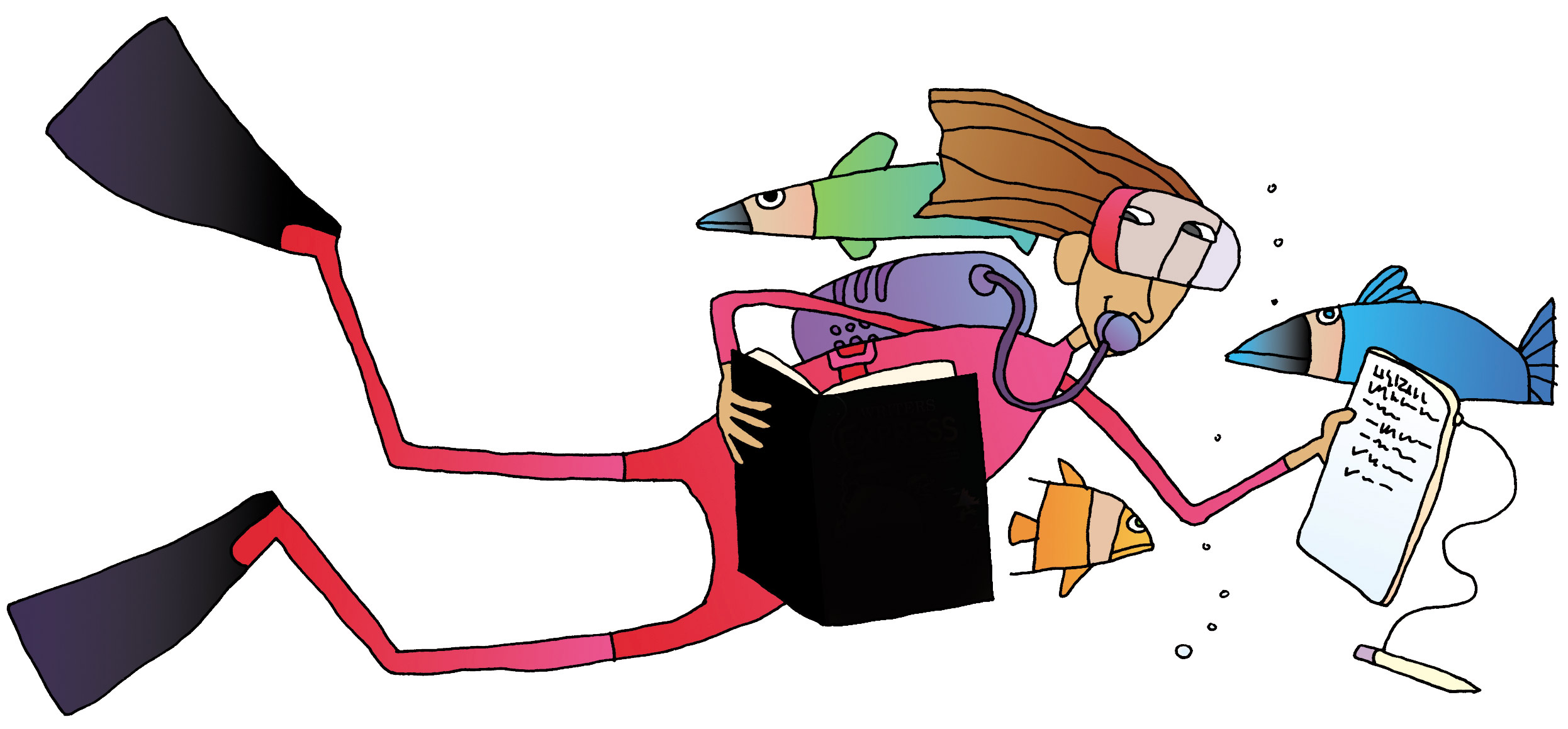
WE 004
Page 4
Questions and Answers About Writing
Why is writing important?
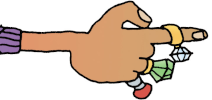
Writing helps you think and learn. In fact, writing may be your most valuable learning tool. Each time you put words on the page, you are forming new ideas, making connections, and remembering information. Because of this, the writing you do in a learning log or journal is just as important as the writing you do for assignments.
Using Learning Logs |
Thinking and Writing |
Completing Assignments |
How can I do my best writing for assignments?
Remember that writing is a process. You start with no idea what to write about and end with a complete document. You can’t get there in one big jump. Instead, you go step by step. Your Writers Express handbook can help you with each step along your winding way.
Learning the Writing Process |
One Writer’s Process |
Using the Writing Process |
WE 005
Page 5
What topic can I write about?
Your teacher will probably give you a general subject area to write about. Your job is to find a specific topic related to it. Try to find a topic that really interests you. It’s fun to learn about—and write about—topics that you enjoy. So don’t choose something boring!
Gathering Ideas for Writing |
Selecting a Topic |
Using Writing Topics |
A Closer Look at Freewriting |
How can I learn about a topic for my writing assignments?
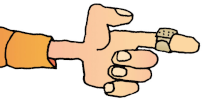
You can collect information online, from books and magazines, and even from documentaries and other shows on your TV. You can also interview people in person or online. Your teacher may have requirements for the number of different sources you should use.
Collecting Details |
Researching Your Topic |
Researching Online |
WE 006
Page 6
How do I know what to say about my topic?
You should focus on a special part of the topic. What is most interesting to you? What do you want to say about this topic? You can’t say everything, so find a specific focus. Then form a writing plan by selecting and organizing the facts that support your focus.
Forming a Focus |
Putting Details in Order |
Patterns of Organization |
Listing and Outlining |
How should I write my first draft?
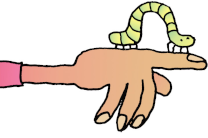
Write your first draft freely, using your plan as a general guide. Your goal is to pour ideas onto the page. Don’t worry about getting everything perfect right now. Just get words down. You can work with them afterward.
One Writer’s Process |
Writing and Revising |
Writing Paragraphs |
Learning Text Structures |
WE 007
Page 7
How can I make my writing interesting?
Always keep your readers or audience in mind. Since your classmates will be your main audience, write as if you were actually talking to them. Share with them something interesting about your topic.
Qualities of Writing |
Writing Terms and Techniques |
Tips for Stronger Writing |
Revising with Partners |
Why do I have to write more than one draft?
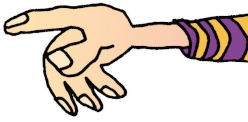
A first draft is your first chance to express your ideas. Revising it can make your ideas even clearer and stronger. Then editing helps you get rid of distracting errors. You aren’t stuck with your first attempt, but instead, you can make your writing better and better.
Revising |
Revising Checklist |
Qualities of Writing |
Publishing |
WE 008
Page 8
When should I check for errors, and how should I go about it?
After you have made all of your revisions, you’re ready to check your writing for errors. First, grab your handbook and other editing tools. Then check for errors using an editing checklist as a guide. Also ask a classmate or teacher to edit your writing as well.
Editing |
Using a Checklist |
Writing Basic Sentences |
Common Editing Problems |
How do I know if my final writing is strong?
If you can say yes to each of the following questions, you can feel good about your writing.
- Do I follow the requirements for the assignment?
- Does my topic interest me?
- Have I learned a lot about the topic?
- Have I created a writing plan, and do I follow it?
- Is my writing clear and complete?
- Is my final draft correct and neatly formatted?
Qualities of Writing Checklist |
Creating a Classroom Portfolio |